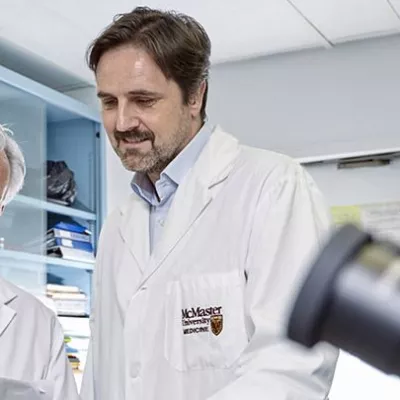
Project description
The human body has co-evolved with beneficial microbes that live in the intestine and other barrier surfaces, resulting in mutually favorable relationships that aid in the digestion of food and absorption of essential nutrients required for normal physiology, immune function, metabolism and survival of the host. A central aspect of these relationships is the production of microbiota-derived bioactive molecules that promote the breakdown of food, enabling nutrient absorption by the host. One of the most important groups of such molecules are termed bile acids which are produced from cholesterol in the liver and then delivered to the intestine where they promote fat digestion. Bile acid signaling plays a pivotal role in human physiology, including development, immune responses, cognitive function and metabolic health acting as part of a complex communication system between the liver, intestine, and the microbiota.
This new Biocodex Microbiota Foundation project focuses on defining the role of the microbiota in regulating bile acid metabolism and the impact on host metabolic health.
What will the Biocodex Microbiota Foundation and this grant bring to your research project?
We are very honored and excited to receive this Gut Microbiota International grant. This support will allow us to develop multidisciplinary approaches including metabolomics, microbiology, immunology and metabolism to better understand the impact of host-microbiota interactions on human health and disease.
Gut Microbiota International grant's winning projects

Functional microbiota dysbiosis induces visceral pain: role of maternal milk on microbiota implantation under stress condition


Bifidobacterium-derived peptides to fortify the intestinal mucosa in early life


Linking the early life resistome and microbiome maturation


Randomized controlled trial evaluating the effect of transplantation of fecal microbiota in children with autism spectrum disorders and gastrointestinal symptoms


Clostridium difficile-induced post-infectious Irritable Bowel Syndrome: Study of the mechanisms and treatments


Targeting gut microbial drug metabolism to enhance the treatment of Parkinson’s disease


A precision medicine approach to treat alcoholic hepatitis




